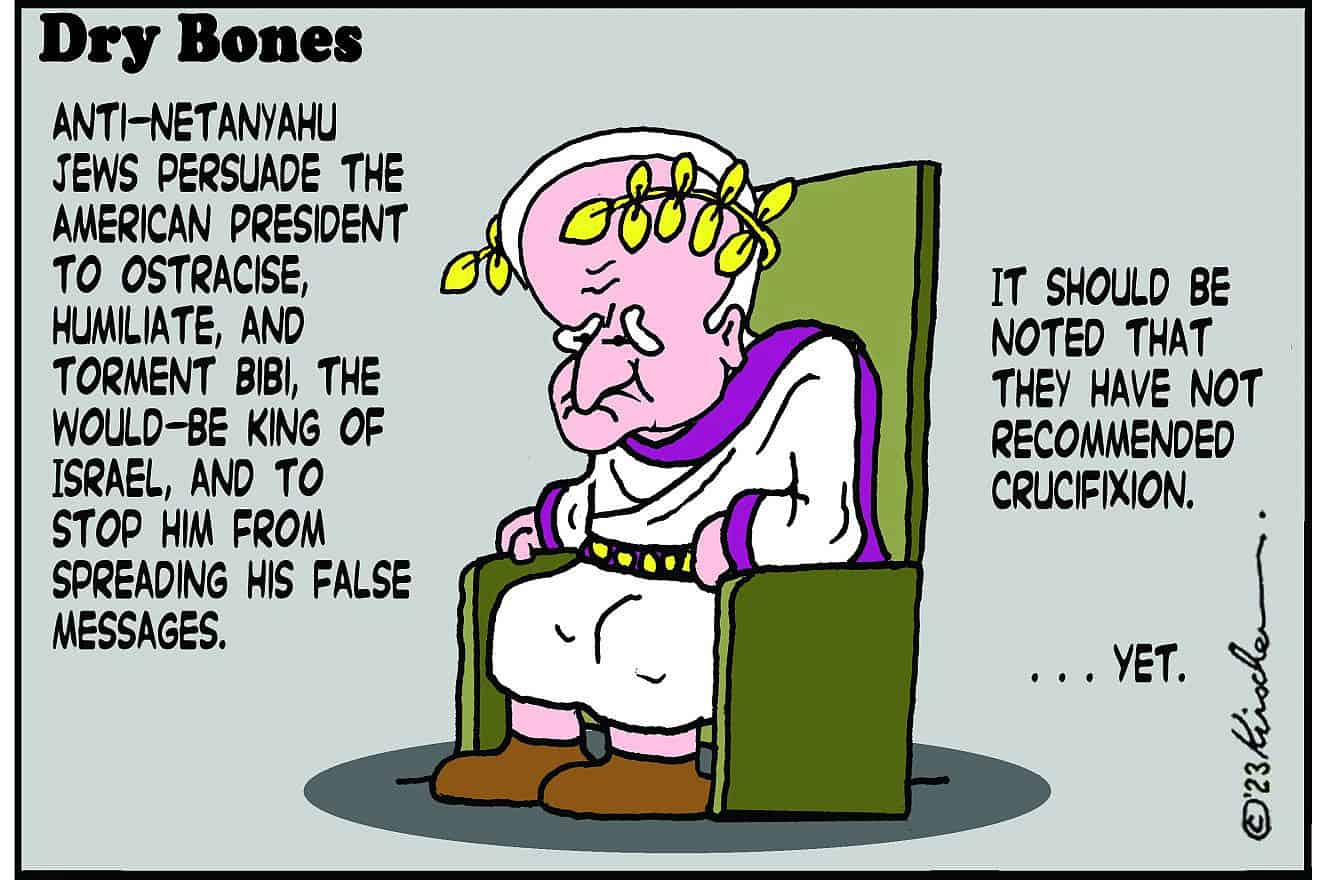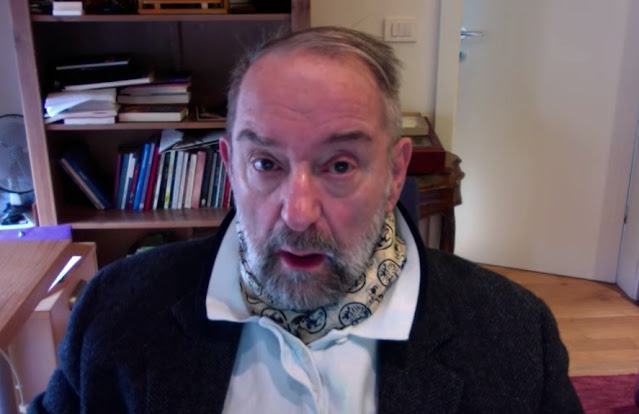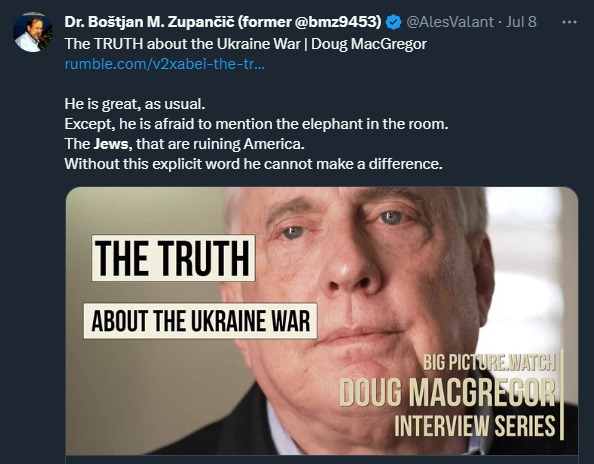Funded by the EU, Palestinians Abuse the Environment and Erase Jewish History
This is Part 4 of a 10-part series exposing the underreported joint European and Palestinian program to bypass international law and establish a de facto Palestinian state on Israeli land.Herbert Samuel’s secret 1937 testimony on the infamous Mufti of Jerusalem revealed
Neither the Palestinians nor the Europeans have any interest in lasting peace with Israel, which presumes an atmosphere of cooperation and direct negotiations. Some even consider the illegal takeover of land by the Palestinian Authority a bigger national security threat to Israel than Hamas, Palestinian Islamic Jihad and even Iran.
“Unfortunately, many other high-ranking officers from the Israeli defense establishment don’t understand,” says Brig. Gen. Amir Avivi, founder of the Israeli organization HaBithonistim.
“We are not treating this situation as a state of emergency, even though it’s crystal clear that the Palestinian Authority is an enemy, and a dangerous one at that, even apart from its funding of terror and inciting hatred in education.”
James Carver, a former member of the European Parliament and of the European Union Committee on Foreign Affairs, is one of the few parliamentarians who agrees.
In 2016, he called out the EU for its obsessive meddling in Israeli affairs in a Times of Israel article: “The EU professes to support a lasting Middle East peace settlement, yet I’ve highlighted both EU funding of the [Palestine Liberation Organization], which pays salaries to murderers, as well as how EU funding of illegal Palestinian buildings in Area C, is in breach of the Oslo accords, thus acting as an obstacle to peace and expunging any pretense of the EU being an honest broker.”
Carver spoke out about this issue when he was a parliamentarian in 2014. In diluting Israeli sovereignty, argued Carver, the EU is only creating further conflict, because those who genuinely support a two-state solution would never actively work to undermine either of those states.
Especially troubled by the fact that Europeans are building in nature reserves, he asserts, “It’s very hypocritical that the European Union claimed to be environmental champions but seemed to be quite happy to illegally put up buildings with their logo and develop settlements in nature reserves. Can you imagine the audacity of the European Union to believe they can violate legal facts? They’ve got skin as thick as a rhinoceros. They genuinely believe they can carry on with this, carte blanche.”
Indeed, there is massive, ongoing European-supported construction in nature reserves that were internationally mandated as no-construction zones in the Wye Plantation Accords, an agreement that concluded the Oslo division of territory.
Regavim, an Israeli NGO and public movement dedicated to the protection of Israel’s national lands and resources, has been mapping illegal Palestinian construction and land seizures for over a decade using archival material, land deeds and official documents, historic photographs, up-to-date aerial and drone photography, and GIS maps.
Mention Herbert Samuel to today’s Israelis and two bells are likely to ring. One is Herbert Samuel promenade, Tel Aviv’s seaside esplanade. The other is a luxury hotel chain bearing the name, including The Herbert boutique lodgings along that same corniche.
But Herbert Samuel — or rather, the Viscount Samuel of Mount Carmel and Toxteth — was a seminal figure in the history of Zionism: the first Jew in Britain’s Cabinet, the official who first proposed the idea of a Jewish state to the British government, and the first high commissioner for British-ruled Palestine. And it was he who, just over a century ago, selected a 25-year-old Jerusalem effendi to be the most powerful Arab in Palestine, with consequences more profound than anyone at the time could conceive. That man was Amin al-Husseini.
A decade and a half after that decision, in late 1936, London appointed a Palestine Royal Commission to probe the Arab revolt that had erupted that spring, and which — Zionist leaders and many British officials believed — was being stoked above all by Husseini himself. Chaired by Lord William Peel, the panel heard 60 witnesses in public sessions. But nearly the same number testified in briefings so secret that even the witness list was hidden.
Transcripts of the sessions might have been lost or destroyed had not the commission’s far-sighted secretary recognized their significance, scribbling that a few copies ought to be preserved, as they chronicled “an important chapter in the history of Palestine and the Jewish people, and will, no doubt, be of considerable value to the historians of the remote future.”
Exactly eight decades into that remote future, in 2017, Britain quietly released the secret sessions to the National Archives. There Samuel explains why he chose Husseini as grand mufti of Jerusalem and head of the Supreme Muslim Council, how he and the British government envisioned Palestine’s future, his impressions of the Holy Land’s Jews and Arabs, and much else.
Samuel led a long, accomplished life. Born shortly after the American Civil War, he nearly lived to see the moon landing. He served in the British Cabinet seven times and ultimately rose to the head of his own Liberal Party. Yet his testimony in front of the commission was possibly the only known instance that he was ever made to defend his elevation of Husseini, who in the words of Samuel’s own son, “turned out to be an implacable enemy not only of Zionism but also of Britain,” culminating in his notorious alliance with Hitler’s Germany in World War II.



















.jpg)
























